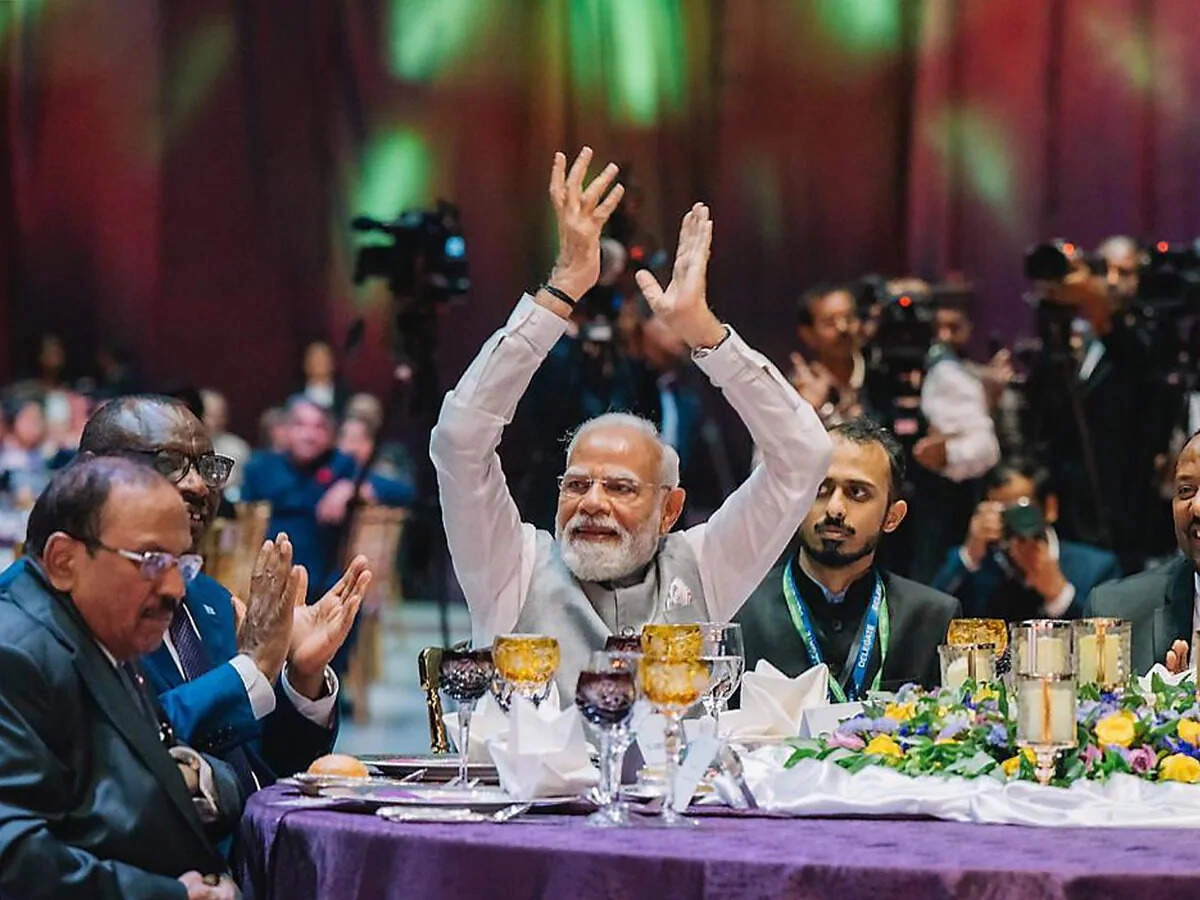The recent developments surrounding Pakistan’s Pasni offer have sparked significant debate about the nation’s geopolitical stance and its willingness to prioritize deals over longstanding alliances. The move, which has implications not only for Pakistan’s internal politics but also for its international relations, highlights a troubling trend: Pakistan’s capacity to betray even its closest allies, including China, in pursuit of economic benefits. This behavior raises questions about the reliability of Pakistan as a partner on the global stage.
Historically, Pakistan has relied on its relationship with China for economic support and strategic partnership, particularly in the context of the China-Pakistan Economic Corridor (CPEC). However, the Pasni offer suggests a shift in priorities, where immediate financial gain takes precedence over established alliances. Such a shift is alarming, as it not only undermines trust but also jeopardizes the stability of regional relations. If Pakistan is willing to compromise its commitments to a nation like China, it signals to other countries that their partnerships may not be secure either.
The implications of this situation extend beyond bilateral relations. It sends a message to other nations about the unpredictability of Pakistan’s foreign policy. Countries that have previously viewed Pakistan as a reliable ally may now reconsider their engagements, fearing that their interests could be sidelined for the sake of a lucrative deal. This could lead to a more isolated Pakistan, as potential partners hesitate to invest in a country that appears willing to shift allegiances for short-term gains.
Ultimately, the Pasni offer serves as a cautionary tale about the complexities of international relations in a world where economic interests often take precedence over loyalty and trust. As Pakistan navigates these turbulent waters, it must carefully consider the long-term consequences of its actions on its global standing and relationships. The challenge lies in balancing immediate economic needs with the imperative of maintaining stable and trustworthy international partnerships.




